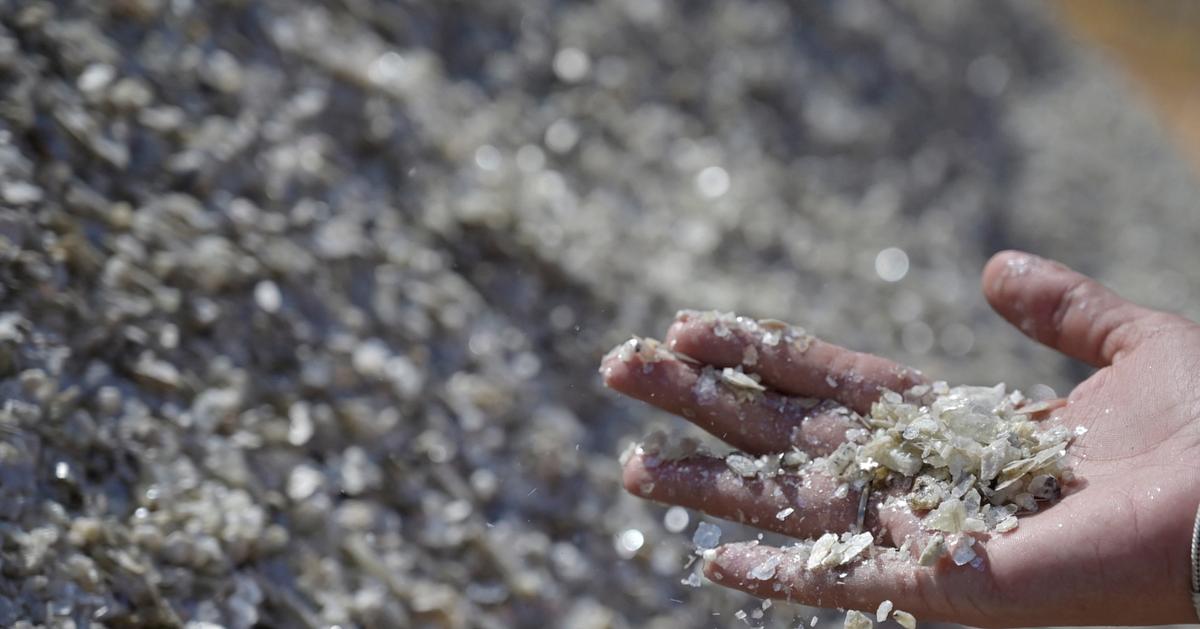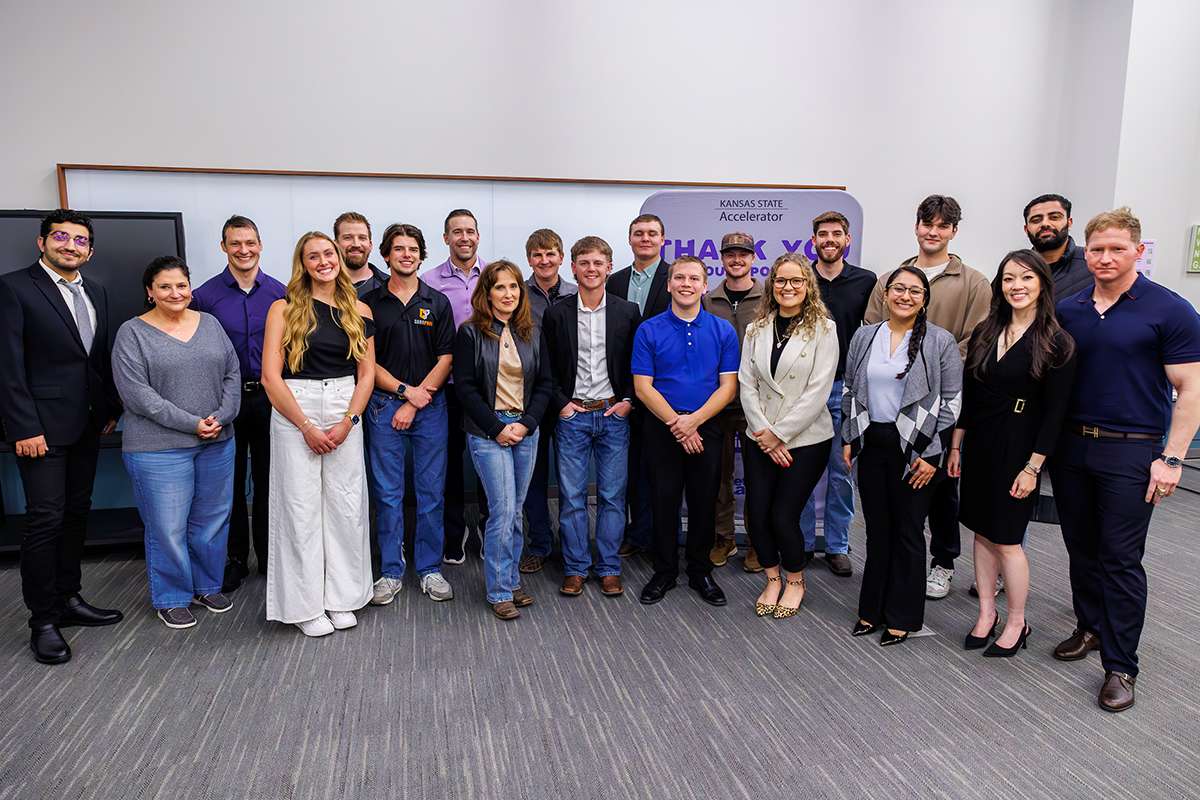Summary:
Nigeria's lithium supply chain is boosted by Sabi, an e-marketplace startup.
Sabi has secured deals with Snowball Holdings and Transition Resources for lithium processing plants.
Expected processing capacity: 500 tons per day, scalable to 1,000 tons.
Sabi also explores mineral processing in Zambia and Tanzania.
The demand for lithium is projected to rise 13-fold by 2040.
The News
LAGOS — Nigeria’s ambition to build a value-added supply chain for critical minerals including lithium is getting a significant boost from an unlikely source: an e-marketplace startup.
Sabi, the Lagos-headquartered business-to-business e-commerce company focused on the informal economy, has been quietly building expertise as a middleman for miners seeking to export. Recently, it inked deals with two companies — Italy’s Snowball Holdings and Transition Resources from the US — that plan to set up lithium processing plants in the country over the coming year.
Sabi will ensure both companies have regular supply from discrete small-scale lithium miners across Nigeria, CEO Anu Adasolum told Semafor Africa. It will also manage the companies’ access to services like quality control and logistics needed to export the refined mineral abroad.
The expected daily processing capacity for each plant will be 500 tons, scalable up to 1,000 tons per day. The US will be the primary export destination for now, but Italy and Germany could be accessible in the future, she said.
Sabi is also exploring avenues to advance mineral processing in Zambia for copper and Tanzania for nickel, reflecting a broader regional wave to supply in-demand commodities to the world, particularly related to the energy transition.
Step Back
African countries are determined to ensure that the transition to clean energy does not leave them at the bottom of the chain as mere raw materials suppliers. This includes critical minerals like lithium, cobalt, and copper, all vital for producing rechargeable batteries.
Lithium’s use in clean tech is expected to see demand rise 13-fold by 2040, according to the International Energy Agency. African governments view moving up the value chain as crucial for expanding their economies and creating jobs. Processing lithium within the country could double the value of exports, experts say.
Nigeria’s mines chief, Dele Alake, stated last year that Nigeria will “do everything possible to discourage the carting away of our solid minerals without value addition.” The country’s lithium sector has achieved several milestones this year, including the opening of two processing plants in northern states, built by different Chinese companies with state government involvement.
Know More
Sabi’s ability to service the minerals value chain builds on lessons from other sectors. Founded in 2021, it initially matched supply from grocery producers to demand from wholesalers and retailers, later narrowing its focus to minerals, agricultural commodities, and fast-moving consumer goods. It has raised $66 million to date and was valued at $300 million after a funding round last year.
African tech features numerous startups with similar business-to-business services. While they typically aim to bring structure to local informal trade, enabling the export of high-grade commodities is increasingly seen as the most lucrative opportunity.
Some fulfill the intermediary role by owning physical assets, while others rely on software to organize transactions. Sabi operates without trucks or warehouses, using its in-house software called TRACE (Technology Rails for African Commodities Exchange) to provide sustainability data to commodity exporters needing to comply with EU regulations on ethical sourcing.
Sabi will generate revenue through a revenue share on the export value of processed minerals, and there is also an option for processing plants to purchase inputs directly.
The View From Namibia
In September, Chile’s SQM, a major lithium mining company, signed its first-ever Africa deal with South Africa-based Andrada Mining to co-develop the Lithium Ridge in Namibia, a mine rich in lithium, tin, and tantalum. This joint venture could see SQM pay Andrada Mining $40 million over time, depending on milestones.







Comments